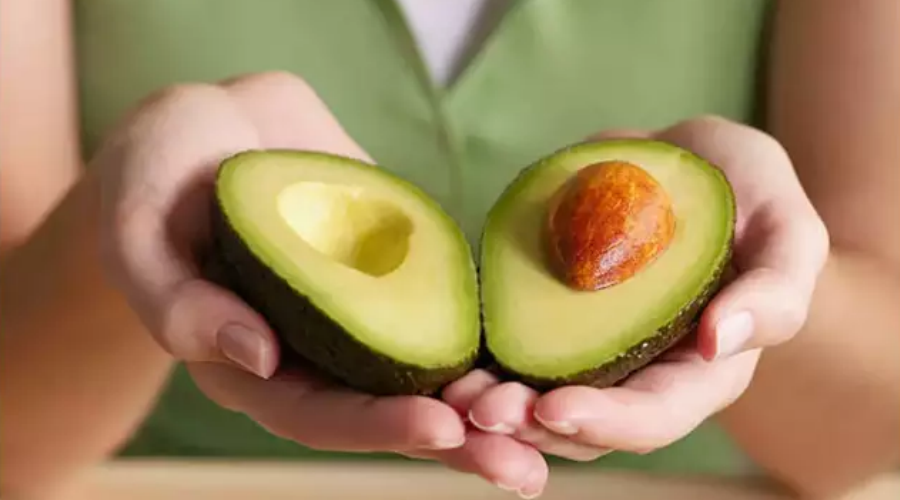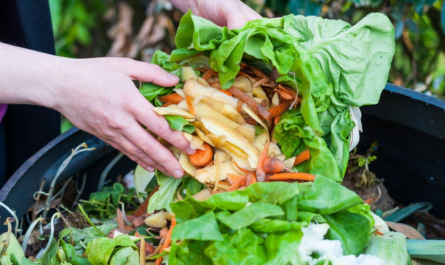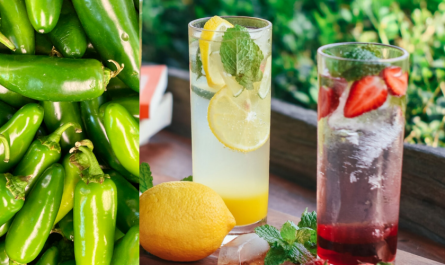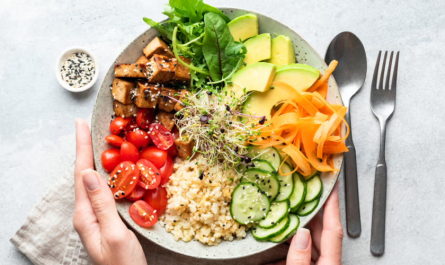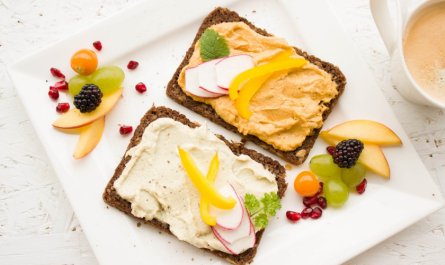If you’ve been shopping for fruit at your local supermarket lately, you might have noticed that avocado prices are rising sharply. However, recent reports indicate that FOB prices are starting to fall. So, why were they so expensive to begin with?
The Waterfall
Avocados have become one of the most popular foods in the US, indispensable in countless dishes as part of the “clean eating” lifestyle. Yet, their price continues to fluctuate. The main reason is their high water demand — growing one kilogram of avocados can require up to 80 liters of water. Ongoing droughts in California have further driven up water costs, impacting avocado investment for retailers and consumers.
Transporting avocados from Mexico or Central America also adds to the cost. They are shipped unripe and then ripened upon arrival to ensure freshness. This labor-intensive process raises the final price per fruit.
Dietary Plant Considerations
According to Business Insider, avocados require more water than tomatoes, making them costly to produce. Popular during events like the Super Bowl, demand spikes strain logistics. Despite an excess of supply this year leading to lower wholesale prices, retail prices remain high due to factors like year-to-year yield variation and ongoing droughts in California.
The state of Michoacán in Mexico produces 80% of the country’s avocados, but violence and logistical issues further limit exports to the US, sustaining higher prices. For more on avocado market trends, see Wonky Box insights.
Environmental and Production Impacts
Avocado trees are resilient but require chemical inputs to maintain high yields. They produce 1.5 times more CO2 per kilogram than bananas during production and transportation, according to a 2014 study. Monoculture farming and the heavy use of fertilizers and pesticides can harm pollinators and the environment.
Organic farming offers some relief but does not fully eliminate environmental impacts such as deforestation and excessive water use. Consumers can make smarter choices by referring to the Clean Fifteen list from the Environmental Working Group to choose less pesticide-heavy produce.
Labor and Workforce Challenges
Avocados are labor-intensive, from harvesting to marketing. Federal regulations, including labeling and packaging rules, add to costs. Their short shelf life means they must be sold quickly, increasing expense compared to fruits that store longer. Mexican growers dominate the West Coast market, allowing them to maintain higher prices.
The Pros and Cons of Eating Avocados
Health Benefits
Avocados are a rich source of monounsaturated fats, which help reduce LDL cholesterol without raising HDL. They are also high in potassium, folate, fiber, vitamin K, and B vitamins. Carotenoids like zeaxanthin and lutein help protect against cataracts and macular degeneration.
Despite being calorie-dense, most calories come from healthy fats and fiber, helping you feel full longer. Researchers in 2022 reported in the Journal of the American Heart Association that regular avocado consumption is linked to a lower risk of metabolic syndrome and associated conditions like cardiovascular disease, diabetes, and high cholesterol.
Dietary Fiber and Nutrients
Avocados provide fiber, potassium, folate, riboflavin, vitamin C, vitamin E, and phenolic compounds. They can be added to salads, smoothies, or mashed for guacamole. Always rinse thoroughly before cutting to reduce bacteria transfer. For tips on incorporating avocados into meals, visit Healthline: Avocado Benefits.
Healthy Fats
The majority of avocado calories come from healthy monounsaturated fats. They also contain omega-3 and omega-6 polyunsaturated fats, essential for cell membranes, nerve health, and blood coagulation. One serving supplies about 10% of the daily recommended folate intake, important for cardiovascular health.
While calorie-dense, avocados can replace less healthy fats like butter or margarine in recipes. Slicing or cubing for salads, toast, or soups is an easy way to incorporate them into your diet.
Low Sugar and Glycemic Control
Avocados have a low glycemic index, minimal sugar, and high fiber content, helping maintain stable blood sugar levels. Studies published in the Journal of Nutrition show regular consumption supports better overall dietary patterns and reduces the risk of metabolic syndrome.
Moderation and Special Considerations
While avocados offer many health benefits, those with kidney issues or on low-potassium diets should moderate intake due to high potassium levels. Individuals with latex allergies should also be cautious, as avocados contain small amounts of latex proteins.
Incorporating avocados responsibly in your diet can improve heart health, digestion, and nutrient absorption, but it’s essential to account for allergies and specific dietary restrictions. For guidance on balancing avocado intake, see our internal resource: Healthy Eating Tips.
Conclusion
Avocados remain expensive due to water usage, labor costs, transportation, and environmental factors. Yet, their nutritional value makes them a worthwhile addition to a healthy diet when consumed in moderation. Balancing cost and benefit is key — choose wisely, consider local and seasonal options, and integrate them into meals to maximize their health impact.
Learn more about smart grocery choices and budget-friendly produce options in our internal guide: Budget Grocery Guide.

